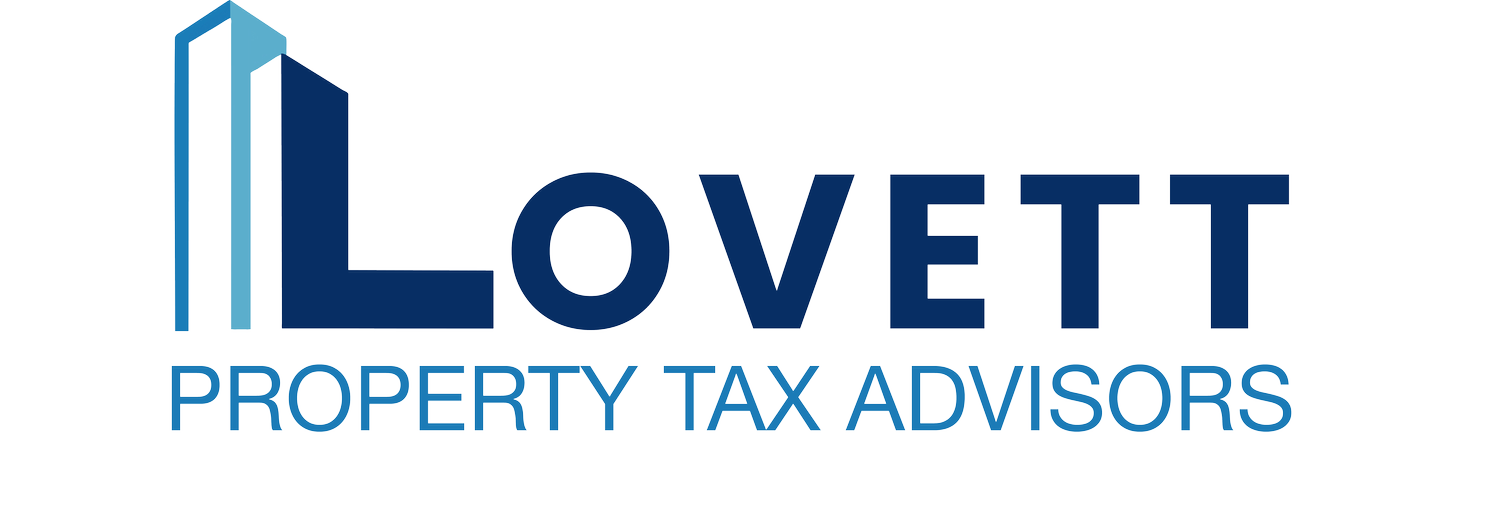Understanding Georgia's Property Tax Exemption for Agricultural Land
Introduction: Georgia, like many other states, offers property tax exemptions to support agricultural activities and provide relief to farmers. Known as the "Conservation Use Valuation Assessment" (CUVA), this program allows qualifying agricultural properties to be assessed at their current use value rather than fair market value for property tax purposes. This article will delve into the eligibility criteria and benefits of Georgia's property tax exemption for farmland.
Eligibility Criteria: To qualify for the CUVA program, agricultural properties in Georgia must meet specific requirements. These include:
1. Active Agricultural Engagement: The property must have been engaged in bona fide agricultural activities for at least three years, demonstrating a commitment to farming.
2. Minimum Land Size: The property should consist of a minimum of 10 acres of land dedicated to eligible agricultural uses, such as crop production, livestock farming, or timber production.
3. Income Thresholds: The property must meet specific income thresholds derived from its agricultural production. These thresholds vary based on the county and the property's size.
Benefits of the CUVA Program: Participating in the CUVA program offers several benefits to farmers and agricultural landowners:
1. Property Tax Reduction: The primary advantage of CUVA is the property tax reduction. Under the program, eligible agricultural land is assessed at its current use value rather than its potentially higher fair market value. This can result in significant savings on property taxes.
2. Preservation of Agricultural Land: By providing a property tax incentive, Georgia aims to encourage the preservation of agricultural land. This helps maintain the state's farming heritage, protects open spaces, and promotes sustainable land use practices.
3. Long-Term Stability: CUVA provides a sense of stability for farmers by stabilizing property taxes. Since agricultural land is assessed based on its current use value, farmers can better plan their finances without worrying about sudden tax increases due to rising land values.
Application Process: To apply for the CUVA program, interested individuals must contact their local County Board of Tax Assessors. The application typically requires detailed information about the property, including its size, current agricultural use, and income derived from farming activities. It's advisable to consult with the County Board of Tax Assessors or a qualified tax professional to ensure accurate and timely submission of the application.
Conclusion: Georgia's property tax exemption for agricultural land through the CUVA program provides a valuable opportunity for farmers to reduce their property tax burden and promote the preservation of agricultural land. By meeting specific eligibility criteria and participating in this program, farmers can benefit from lower property taxes, long-term stability, and support for their agricultural activities. However, it's essential to stay updated on any changes to the program's requirements by consulting the Georgia Department of Revenue or seeking professional advice.


